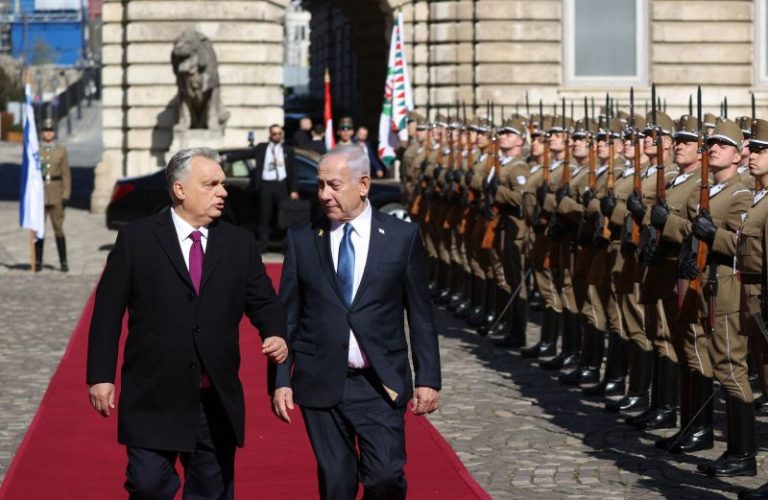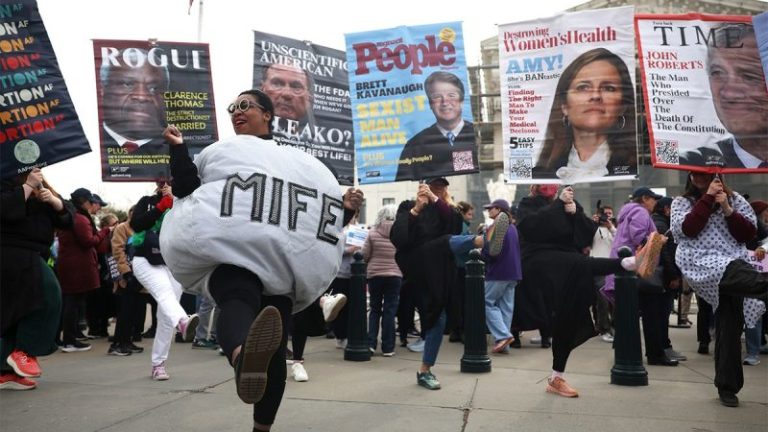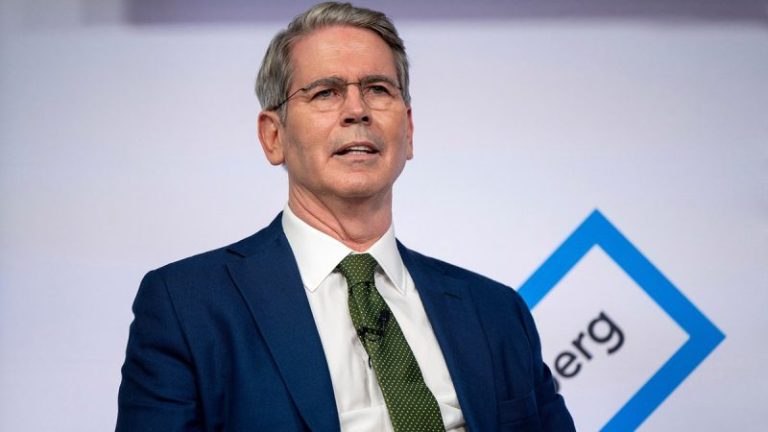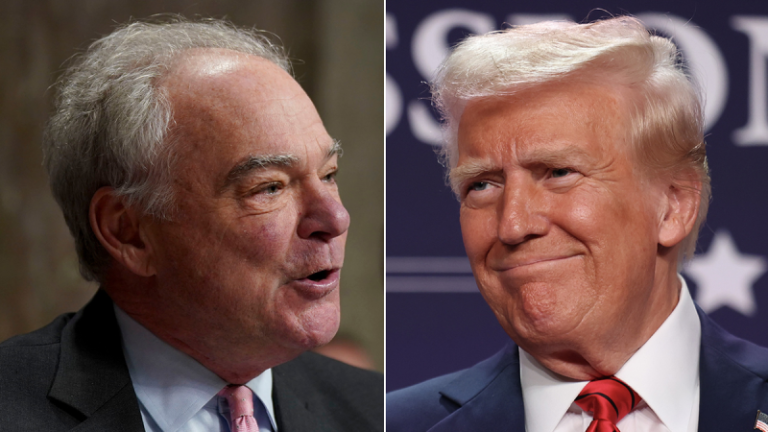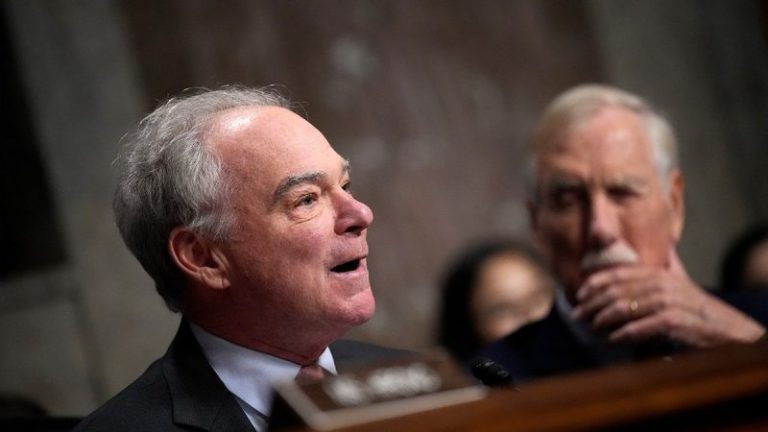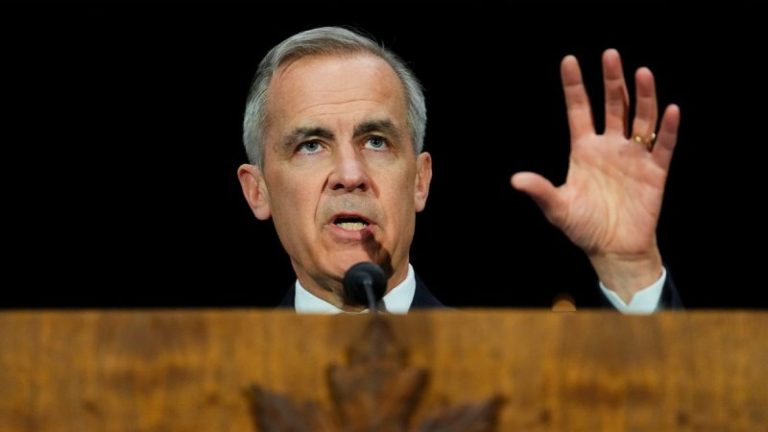The Supreme Court appeared divided Wednesday over whether a state can block Medicaid funding for Planned Parenthood clinics, in a technical interpretation over healthcare choices that has become a larger political fight over abortion access.
In nearly two hours of oral arguments, the court’s conservative majority offered measured support for South Carolina’s position.
The specific issue is whether low-income Medicaid patients can sue in order to choose their own qualified healthcare provider. The federal-state program has shared responsibility for funding and administering it, through private healthcare providers.
Federal law bans taxpayer money from going to fund almost all abortions, but Planned Parenthood also provides a range of other medical services with and without Medicaid subsidies, including gynecological care and cancer screenings.
Blocking the provider from Medicaid networks could effectively defund it. Given the divisive underlying issue of abortion, groups on both sides rallied outside the high court ahead of the arguments.
The state’s governor in 2018 signed an executive order blocking Medicaid funding for the state’s two Planned Parenthood clinics, saying it amounted to taxpayers subsidizing abortions.
Courts have put that order on hold, leading to the current case.
South Carolina now bans abortion around six weeks of pregnancy, or when cardiac activity is detected, with limited exceptions.
The key provision in the 1965 Medicaid Act guarantees patients a ‘free choice of provider’ that is willing and qualified.
Much of the court session dealt with whether Planned Parenthood was a ‘qualified provider’ under the Medicaid law, and whether individual patients have an unambiguous ‘right’ to sue to see their provider of choice, under its specific language.
‘It seems a little bit odd to think that a problem that motivated Congress to pass this provision was that states were limiting the choices people had,’ said Justice Sonia Sotomayor. ‘It seems hard to understand that states didn’t understand that they had to give individuals the right to choose a provider.’
‘The state has an obligation to ensure that a person… has a right to choose their doctor,’ added Justice Elena Kagan. ‘It’s impossible to even say the thing without using the word ‘right.”
But some conservative justices questioned how to interpret a provision that does not contain the word ‘right.’
‘One can imagine a statute written as an individual benefit that’s mandatory on the states but isn’t right-creating’ for the patient, said Justice Neil Gorsuch. ‘I mean, that’s an imaginable scenario.’
Justice Samuel Alito added it was ‘something that’s quite extraordinary’ to give individuals that right to sue under the Constitution’s spending clause.
The votes of Chief Justice John Roberts and Justice Amy Coney Barrett could be key: They asked tough questions of both sides.
Barrett offered a hypothetical of the right of a patient to go to court over their doctor accused of medical malpractice. ‘Does it make sense in that circumstance for Congress to want plaintiffs to be able to sue?’ she asked.
Planned Parenthood says its future is at stake, noting nearly $700 million – about a third of its overall nationwide revenue – originates from Medicaid reimbursements, and government grants and contracts.
But the group notes just $90,000 in Medicaid funding goes to Planned Parenthood facilities every year in South Carolina, which is comparatively small to the state’s total Medicaid spending.
Julie Edwards, a South Carolina resident, sued along with Planned Parenthood South Atlantic, which operates two clinics in Columbia and Charleston. She has type-1 diabetes and associated medical complications and wanted to choose the Columbia clinic for its range of services, including reproductive care.
A federal appeals court ruled against the state in 2024, concluding the ‘free choice of provider’ provision ‘specifies an entitlement given to each Medicaid beneficiary: to choose one’s preferred qualified provider without state interference.’
In a 2023 Supreme Court opinion involving care for nursing home residents, the justices concluded that a different law from Medicaid gives individuals the right to sue.
A year earlier, the high court overturned its Roe v. Wade precedent of a nationwide right to abortion.
Several states – including Texas, Missouri and Arkansas – have already done what South Carolina wants to do by cutting Medicaid funding to Planned Parenthood and more could follow if South Carolina prevails.
‘The people in this state do not want their tax money to go to that organization,’ said Republican South Carolina Gov. Henry McMaster, who attended the oral argument. ‘I believe the decision of this court will be that the people of South Carolina have the right to make this decision for themselves, for our state. Other states may make a different decision, but not ours. South Carolina stands for the right to life, and we’ll do whatever is necessary to protect that.’
The Trump Justice Department is supporting the state, and abortion rights groups say the issue is about patient choice.
‘Our health centers serve an irreplaceable role in the state’s healthcare system, providing birth control and cancer screenings to people who can’t afford those services anywhere else,’ said Paige Johnson, interim president and CEO of Planned Parenthood South Atlantic. ‘Government officials should never block people from getting healthcare or be able to decide which doctor you can or cannot see.’
One concern raised by healthcare advocates is finding gynecological and family planning services in states with limited facilities. Low-income women often have greater difficulty traveling long distances to get such quality care, a requirement for Medicaid providers.
Justice Brett Kavanaugh said he would make it his mission to bring as much clarity over when patients can go to court, which he called a 45-year ‘odyssey.’
Much of the public arguments dealt with whether a ‘right’ to sue was a magic word to automatically decide the matter.
‘I’m not allergic to magic words, because magic words – if they represent the principle – will provide the clarity that will avoid the litigation that is a huge waste of resources for states, courts, providers, beneficiaries.’
The case is Medina (SC DOH) v. Planned Parenthood South Atlantic (23-1275). A ruling is likely by early summer.
This post appeared first on FOX NEWS



